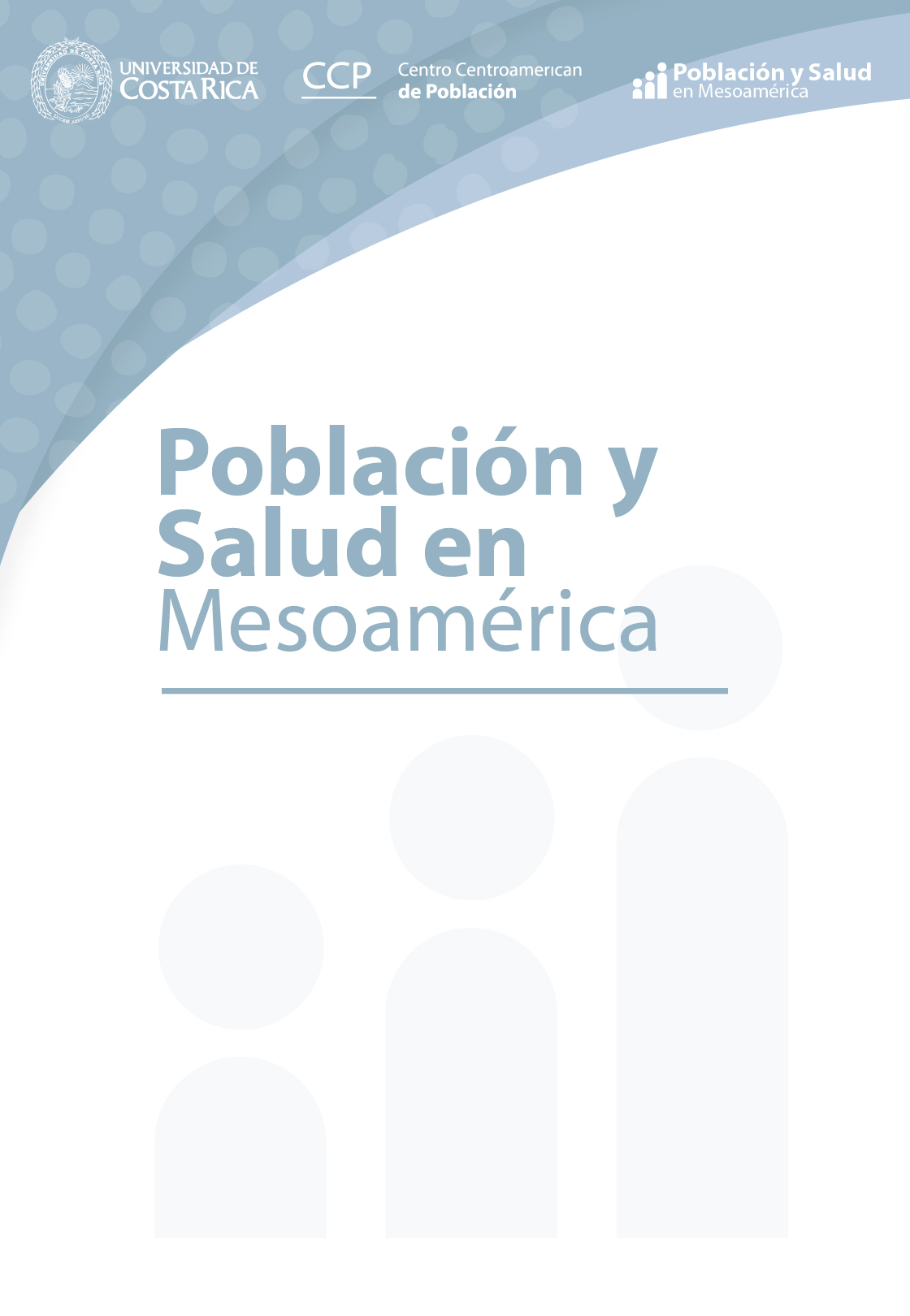Abstract
Introduction: In Costa Rica, according to the second 2014 cardiovascular risk factor surveillance survey, excess body weight reaches 70.6% in women. Excess body weight has multiple consequences for women´s physical and emotional health. That problem has been addressed taking into consideration the criteria of health professionals, without consulting the women with excess body weight. Objectives: To identify the desirable characteristics of an educational program for excess weight women of the province of Alajuela, Costa Rica, taking into consideration both health personnel and excess weight women´s opinions. Methodology: We conducted two discussion groups, 5 focus groups, 7 in-depth Interviews, and 2 member-checking sessions with 28 women, and a survey with 16 health personnel from different disciplines. Results: For most of the women and all the health personnel, the program must have three components: nutrition, psychology, and physical activity. For both, it should be a group program with some individual sessions. For women, the program should motivate them, “exercise control” over them, and offer a structured diet plan which they can follow. Conclusions: A weight loss program for excess weight women should be a group therapy. It should have three components: nutritional education, promoting physical activity and addressing emotional factors. It is recommended to work in an interdisciplinary team that should have a Nutritionist.







